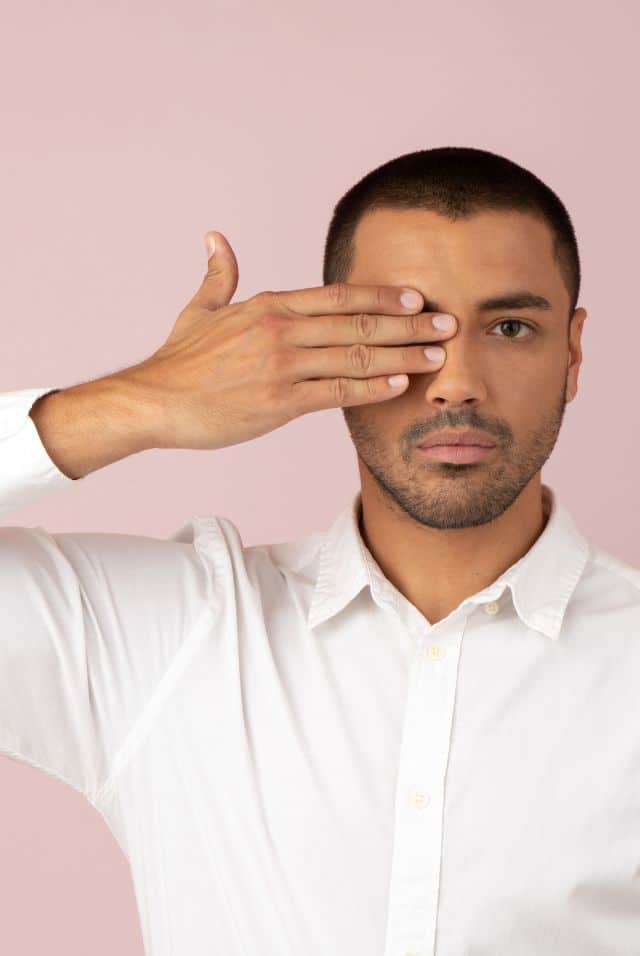What is Neuro-Ophthalmology – Overview
Good eyesight is essential to do everyday tasks. However, vision problems are quite common. According to reports, more than 150 million Americans wear some type of corrective eyewear.
A large proportion of people over the age of 75 develop cataracts, but the specific percentage can vary based on demographic and health factors. More than 2 million people in the United States may have glaucoma, but this number represents the total prevalence rather than an annual figure.
You can go to an optometrist or ophthalmologist for many eye problems or routine eye exams.
Ophthalmology is a medical specialization that focuses on identifying, diagnosing, treating and preventing eye conditions.
Ophthalmologists have a different scope of practice and training compared to optometrists, focusing more on surgical and medical treatments for eye conditions. Some of these professionals, including neuro-ophthalmologists, specialize in certain areas related to vision.
Their area of expertise focuses on eye problems that are caused by neurological conditions.
What Does a Neuro Ophthalmologist Do?
Neuro-ophthalmologists specialize in conditions at the intersection of neurology and ophthalmology, but they are not necessarily dual-certified in both specialties. These professionals specialize in eye problems related to the nervous system. These problems may include those caused by brain diseases or injuries, such as trauma, stroke, or infection.
Neuro-ophthalmological conditions can vary widely in severity and have the potential to cause vision loss or other serious complications.
A neuro-ophthalmologist can diagnose and treat neurological and systemic disorders that affect the movement and sight of your eyes.
Optical coherence tomography is a common test; “multi-focal EGS” appears to be a typographical error or misunderstanding. Multi-focal ERG (electroretinography) may be what was intended.
A neuroophthalmologist usually provides the treatment according to the specific condition. This may include:
- Surgical procedures
- Corrective lenses
- Botox injections for muscle spasms
To become a neuro-ophthalmologist, one must complete a residency in neurology or ophthalmology, followed by a fellowship in neuro-ophthalmology. Board certification in ophthalmology is typical for a neuro-ophthalmologist; dual certification is rare and not a requirement. Board certification refers to being up-to-date with the latest advancements in ophthalmology and neurology.
All ophthalmologists are trained to perform eye surgeries; subspecialty training, such as in neuro-ophthalmology, focuses on specific conditions or techniques beyond general surgery.
When should you see a Neuro Ophthalmologist?

Neuro ophthalmologists are trained and experienced in diagnosing and treating numerous eye problems and diseases.
Some of the most common conditions that may need a visit to a neuro-ophthalmologist include:
- Eyelid abnormalities
- Double vision
- Myasthenia gravis
- Microvascular cranial nerve palsy (diabetic palsy)
- Optic nerve disorders
- Pseudo-tumor cerebri
- Thyroid eye disease
- Strabismus
Besides this, you should see a neuro-ophthalmologist if you experience any of the below-stated conditions:
Loss of visual acuity
Loss of clarity and sharpness in vision can be caused by several reasons, including retina issues, uncorrected refractive errors, or face problems with the optic nerve or inside your skull, such as an aneurysm or tumor.
A neuro-ophthalmologist can diagnose the problem and recommend effective treatment options.
Trouble moving the eyes
Myasthenia gravis or cranial nerve palsy can prevent proper eye movement and often cause vision problems.
You should immediately go to a neuro-ophthalmologist if your eyes start shaking suddenly, as this can be a sign of the development of nystagmus.
This condition can create significant problems with depth perception, coordination and balance.
Tumors compressing optic nerves
You may not even notice any change in vision, but you may have a pituitary tumor, which is a type of tumor that develops within the skull.
This can press against the optic nerves and create vision problems in the future. Hence, it is important to visit a neuro-ophthalmologist to prevent vision loss.
Pressure in the head
Pressure building inside the head can cause swelling in the optical nerves and eventually result in vision loss.
This condition can be a cause of brain tumors or pseudo-tumor cerebri. A neuro-ophthalmologist can diagnose and treat this condition effectively.
Uneven pupils
Any sudden change in the size of your pupils can also be a sign of serious underlying problems, such as a brain aneurysm. Such conditions can affect more than just the eyes and must be treated on time to prevent loss of vision and other severe complications.
Conclusion
A neuro-ophthalmologist is trained to test and treat vision and eye problems that arise from disorders or diseases of the brain.
These professionals are trained in neurology and ophthalmology, so they understand how to identify and treat sight problems that are caused by neurological conditions.
If you notice a problem with your eye which is persistent and accompanied by other complications, it is highly recommended to visit a neuro ophthalmologist.
See Also
What is Pediatric Ophthalmology